Het arrangement Food issues v456 is gemaakt met Wikiwijs van Kennisnet. Wikiwijs is hét onderwijsplatform waar je leermiddelen zoekt, maakt en deelt.
- Auteur
- Laatst gewijzigd
- 28-11-2025 12:05:04
- Licentie
-
Dit lesmateriaal is gepubliceerd onder de Creative Commons Naamsvermelding-GelijkDelen 4.0 Internationale licentie. Dit houdt in dat je onder de voorwaarde van naamsvermelding en publicatie onder dezelfde licentie vrij bent om:
- het werk te delen - te kopiëren, te verspreiden en door te geven via elk medium of bestandsformaat
- het werk te bewerken - te remixen, te veranderen en afgeleide werken te maken
- voor alle doeleinden, inclusief commerciële doeleinden.
Meer informatie over de CC Naamsvermelding-GelijkDelen 4.0 Internationale licentie.
Het thema 'Feed the world' (v456) is ontwikkeld door auteurs en medewerkers van StudioVO.
Fair Use
In de Stercollecties van StudioVO wordt gebruik gemaakt van beeld- en filmmateriaal dat beschikbaar is op internet. Bij het gebruik zijn we uitgegaan van fair use.
Meer informatie: Fair use
Mocht u vragen/opmerkingen hebben, neem dan contact op via de
helpdesk VO-content.
Aanvullende informatie over dit lesmateriaal
Van dit lesmateriaal is de volgende aanvullende informatie beschikbaar:
- Toelichting
- Dit thema valt onder de arrangeerbare leerlijn van de Stercollectie voor Engels voor vwo, leerjaar 4, 5 en 6. Dit is thema: 'Food issues'. Dit thema omvat de volgende volgende onderwerpen: - Food Throwing Away - How To Feed the World - Obsessed With Food De grammaticaopdrachten gaan over passive, tenses and modal verbs.
- Leerniveau
- VWO 6; VWO 4; VWO 5;
- Leerinhoud en doelen
- Engels;
- Eindgebruiker
- leerling/student
- Moeilijkheidsgraad
- gemiddeld
- Studiebelasting
- 16 uur 0 minuten
- Trefwoorden
- arrangeerbaar, engels, food issues, food throwing away, how to feed the world, obsessed with food, passive, tenses and modal verbs, stercollectie, v456
Gebruikte Wikiwijs Arrangementen
VO-content Engels. (2020).
Food throwing away v456
VO-content Engels. (2020).
How to Feed the World v456
VO-content Engels. (2020).
Obsessed with food v456

 Food issues
Food issues What do you need to know?
What do you need to know?

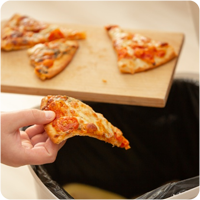 In this first section we look at some facts.
In this first section we look at some facts.



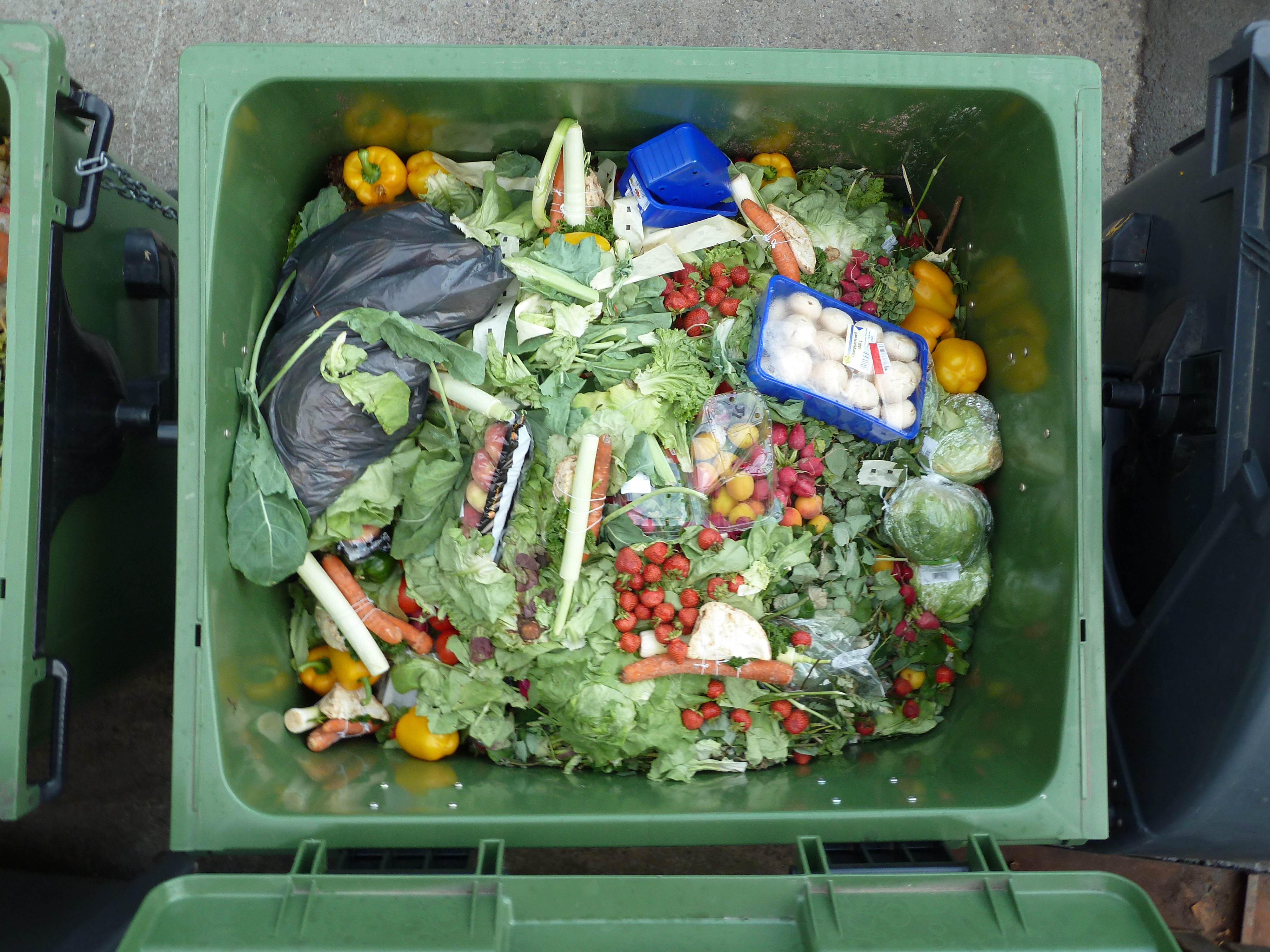 What is your reaction to this information?
What is your reaction to this information?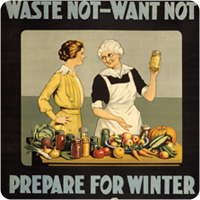 You are going to read an article about food waste. Answer these questions.
You are going to read an article about food waste. Answer these questions.
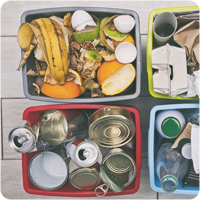 Let’s look at... Passives. We use the passive form when we want to underline or focus on the action rather than the person of thing that caused the action. The subject of the passive verb is the object of the active verb.
Let’s look at... Passives. We use the passive form when we want to underline or focus on the action rather than the person of thing that caused the action. The subject of the passive verb is the object of the active verb.
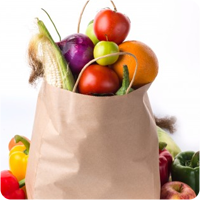 You read about a similar company in your country called The Harvest.
You read about a similar company in your country called The Harvest.
 What have you learnt in this period?
What have you learnt in this period? In this next section you are going to watch a video about expiry and best by dates and read an article entitled 'Feed the world'. It is an opinion article in which the author sets out some ideas for the problem that we will face in 2050:
In this next section you are going to watch a video about expiry and best by dates and read an article entitled 'Feed the world'. It is an opinion article in which the author sets out some ideas for the problem that we will face in 2050: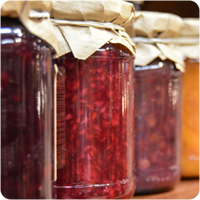 Answer these questions with your partner:
Answer these questions with your partner: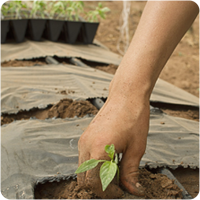 It’s been 50 years since President John F. Kennedy spoke of ending world hunger, yet on the eve of World Food Day, Oct. 16, the situation remains dire. The question “How will we feed the world?” implies that we have no choice but to intensify industrial agriculture, with more high-tech seeds, chemicals and collateral damage. Yet there are other, better options.
It’s been 50 years since President John F. Kennedy spoke of ending world hunger, yet on the eve of World Food Day, Oct. 16, the situation remains dire. The question “How will we feed the world?” implies that we have no choice but to intensify industrial agriculture, with more high-tech seeds, chemicals and collateral damage. Yet there are other, better options. Your teacher has asked you to write a summary of the reading about 'Feed the world' for some colleagues who were on a school trip.
Your teacher has asked you to write a summary of the reading about 'Feed the world' for some colleagues who were on a school trip. In this section we are going to read about more about food and specifically the idea that millennials, that’s you! are obsessed with food.
In this section we are going to read about more about food and specifically the idea that millennials, that’s you! are obsessed with food. Ask and answer these questions with your partner.
Ask and answer these questions with your partner.
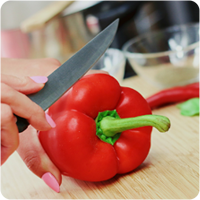 You will hear five short extracts in which people are talking about working with food. Choose from the list the person who is speaking. There is one you do not need.
You will hear five short extracts in which people are talking about working with food. Choose from the list the person who is speaking. There is one you do not need. You are going to read an article about the so-called millennial obsession with food.
You are going to read an article about the so-called millennial obsession with food.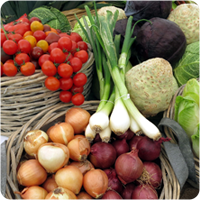 Find words in the text that have the following meanings:
Find words in the text that have the following meanings: You see the following announcement in an international magazine.
You see the following announcement in an international magazine.
 If your school participates in VO-content, you can practice with the English practice program 'Oefenprogramma Engels'.
If your school participates in VO-content, you can practice with the English practice program 'Oefenprogramma Engels'. At the end of each lesson you answered evaluation questions.
At the end of each lesson you answered evaluation questions.